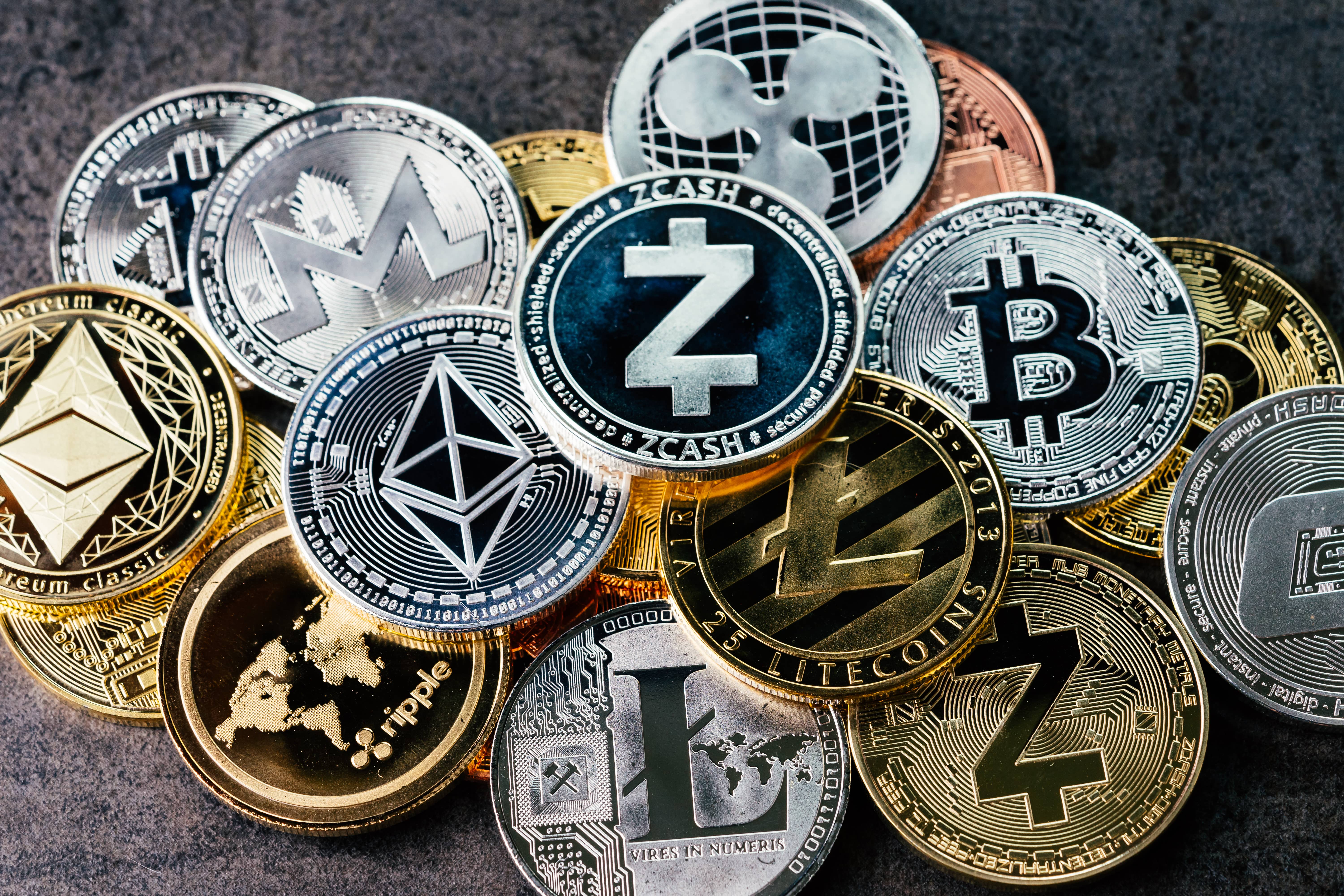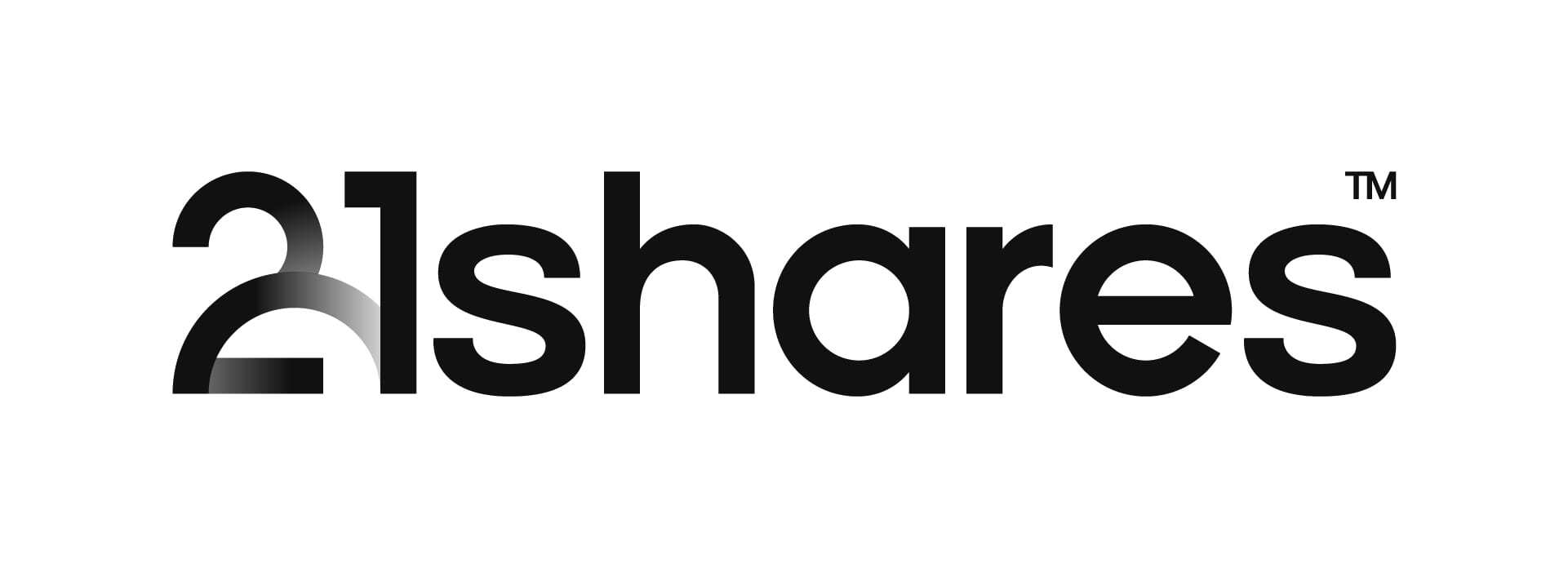Crypto assets have lived through many boom and bust cycles since their inception in 2009, at the heels of the greatest financial crisis in recent history. Though many investors continue to see it as a purely speculative asset class, 21Shares’ State of Crypto research provides numbers and facts to show how the industry goes beyond speculation today.
From a bird’s eye view, the crypto industry has been heavily impacted by the broader slowdown in markets spurred by fears of rampant inflation and rising rates. Looking deeper though, there are a number of positive trends and use cases brewing while the market is not looking.
State of Crypto notes that March’s US banking crisis, after an initial knee-jerk reaction from markets, has spurred a reevaluation of Bitcoin and other crypto assets. The event they were quite literally designed for – a banking system collapse – had started to manifest itself again.
If Bitcoin did not exist, we would probably want to create one now
Bitcoin (BTC) is getting meaningful recognition as an emerging store of value and a hedge against currency debasement.
In countries torn by inflation, capital controls and economic mismanagement, Bitcoin and crypto assets see growing adoption as a valid alternative to local currencies. In 2023, with the Turkish Lira crisis at its peak, BTC managed to create a new all-time high in its BTC/TRY pair, including a new peak in volume not seen since November 2021.
Bitcoin has also proven its strength as a borderless and censorship-resistant currency – features that, if nothing else, seem to be growing in usefulness today. The number of wallets holding BTC has increased to 12 million, a figure that has continued to grow even during the particularly challenging market of 2022.
US dollar stablecoins taking hold for quick and cheap cross-border payments
At a grassroots level, the rise of stablecoins – crypto assets pegged to the US dollar – has been phenomenal, and it largely overshadowed usage of native crypto assets in value exchange and remittances. In 2022, Tether’s USDT settled $18.2trn in volume, surpassing figures such as MasterCard’s $14trn and Visa’s $7trn. In countries like Mexico, cryptocurrencies are being effectively used for remittances, owing to the country’s high internet rate penetration.
Nonetheless, the report also highlighted some challenges to adoption including difficulties in using wallet apps and converting stablecoins to local currencies. The report cites several solutions such as Stellar’s Anchor network and traditional payment method integrations like PayPal USD as potential solutions to these roadblocks.
Decentralised data storage is both cheaper and more robust than the alternatives
The blockchain’s architecture provides an excellent base for decentralised data storage protocols, which prevent data loss and censorship. The “dStorage” segment is still very young, but it is already being used for data that requires full permanence and censorship resistance – notably, pro-democracy content in Hong Kong and records of Russian violations in Ukraine.
Protocols like Arweave and Filecoin enable distributed, directly owned, and interoperable data storage that currently offers the cheapest storage option per Terabyte of data. However, a previous lack of network effects and difficulty to transfer data have prevented more massive adoption.
Decentralised digital identities as a response to modern challenges
“Blockchains can permanently safeguard identification documents (IDs), preventing damage, data breaches, and identity theft,” 21Shares highlights. Decentralised identity (DID) promises to be the technological solution to challenges to reliable identification such as AI, data breaches and privacy.
The segment is still nascent but quickly growing, with a number of solutions being tested to fix the biggest roadblock yet to a fully online identity: sybil attacks. The attack involves creating multiple “unique” identifiers who are in reality controlled by a single entity, usually with the intention of deanonymising and controlling peer-to-peer networks. Projects like Ethereum, Gitcoin and SelfKey have made promising progress to detect such “fake” accounts and content.
How crypto assets continue to disrupt the world
State of Crypto outlined a number of ways that the cryptocurrency industry is poised to disrupt incumbent markets. In addition to existing success stories, including stablecoins, remittances and inflation hedging, currently experimental technology allows expanding the initial concepts of crypto to more verticals. For example, tokenisation of “real world” assets allows using the same 24/7, cheap and global ledgers to interact with traditional assets like bonds, stocks and other financial instruments. Over $500m of private and government debt has been tokenised so far.
NFTs have given artists and creators a completely novel platform for monetising their creations, and one that distributes to them more than 98% of the overall revenue of the content, as opposed to the 12% they earn in traditional middleman-heavy ecosystems.
Finally, blockchains offer the opportunity to access a never before seen transparency for public goods spending. Contrary to popular belief, the report notes, crypto assets are easier to track than the traditional system due to the full transparency of the blockchain’s ledger. For example, the 21Shares research team was able to track the crypto holdings of the U.S. government in real time through the publicly accessible Dune Analytics platform.
The report concludes that while it outlined the larger trends, the crypto industry remains vast and diverse, and much work continues to be done in spite of a tough and uncertain regulatory environment. While falling off the collective radars, crypto continues to find better technology and more uses to change the world.



